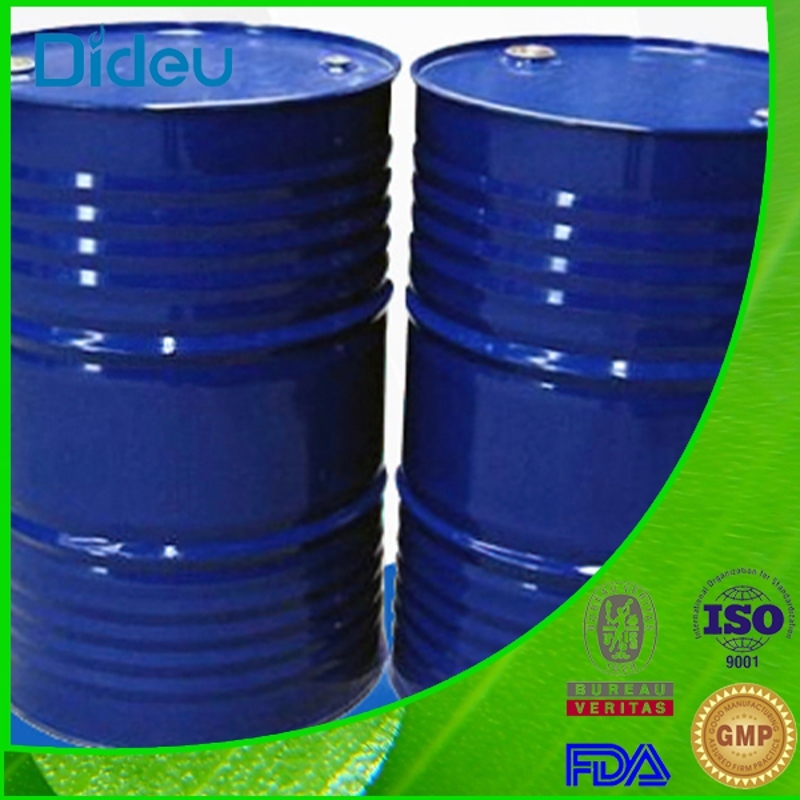-
Categories
-
Pharmaceutical Intermediates
-
Active Pharmaceutical Ingredients
-
Food Additives
- Industrial Coatings
- Agrochemicals
- Dyes and Pigments
- Surfactant
- Flavors and Fragrances
- Chemical Reagents
- Catalyst and Auxiliary
- Natural Products
- Inorganic Chemistry
-
Organic Chemistry
-
Biochemical Engineering
- Analytical Chemistry
-
Cosmetic Ingredient
- Water Treatment Chemical
-
Pharmaceutical Intermediates
Promotion
ECHEMI Mall
Wholesale
Weekly Price
Exhibition
News
-
Trade Service
4-Methoxy-2-quinolinecarboxylic acid, commonly referred to as MQA, is a synthetic compound that is widely used in the chemical industry.
It is a white or slightly yellowish solid that is soluble in water, alcohol, and other organic solvents.
MQA has a variety of uses in various fields, including pharmaceuticals, agrochemicals, and dyes.
In this article, we will explore the different synthetic routes to MQA and their applications in the chemical industry.
Synthetic Routes to MQA
- Hydrolysis of 2-Quinolinecarboxylic acid: The hydrolysis of 2-quinolinecarboxylic acid using sodium hydroxide in the presence of water is a commonly used synthetic route to MQA.
This process involves the hydrolysis of the carboxyl group in 2-quinolinecarboxylic acid to form MQA and the corresponding salt. - Reduction of 2-Quinolinecarboxylic acid: Another synthetic route to MQA involves the reduction of 2-quinolinecarboxylic acid using reducing agents such as lithium aluminum hydride (LiAlH4) or hydrogen in the presence of a catalyst.
This process involves the reduction of the carboxyl group in 2-quinolinecarboxylic acid to form MQA and the corresponding alcohol. - Halogenation of 2-Quinolinecarboxylic acid: MQA can also be synthesized by the halogenation of 2-quinolinecarboxylic acid using halogen compounds such as chlorine or bromine.
This process involves the substitution of one or more of the hydrogen atoms in 2-quinolinecarboxylic acid with halogen atoms to form MQA and the corresponding halogenated product.
Applications of MQA in the Chemical Industry
- Pharmaceuticals: MQA is used as an intermediate in the synthesis of certain drugs, such as anti-tuberculosis agents and anti-malarial drugs.
It is also used as a starting material for the synthesis of other pharmaceutical compounds, such as anti-inflammatory agents and antibiotics. - Agrochemicals: MQA is used as a precursor in the synthesis of certain agrochemicals, such as herbicides and insecticides.
It is also used as a starting material for the synthesis of other compounds used in the agricultural industry, such as plant growth regulators and antioxidants. - Dyes: MQA is used as an intermediate in the synthesis of certain dyes, such as direct dyes and acid dyes.
It is also used as a starting material for the synthesis of other dyes used in the textile industry, such as reactive dyes and basic dyes.
Advantages and Limitations of MQA
- Advantages: MQA is a versatile building block in the synthesis of a variety of chemical compounds, including pharmaceuticals, agrochemicals, and dyes.
It can be synthesized using severalsynthetic routes, and its properties make it well suited for various applications in the chemical industry. - Limitations: While MQA has several advantages, it also has some limitations.
Its properties, such as its poor solubility in water and its sensitivity to light, can make it challenging to handle and use in certain applications.
Additionally, the high cost of production and purification can make it less economical compared to other synthetic compounds.
Conclusion
4-Methoxy-2-quinolinecarboxylic acid, commonly referred to as MQA, is a synthetic compound that is widely used in the chemical industry as an intermediate in the synthesis of various chemical compounds,







